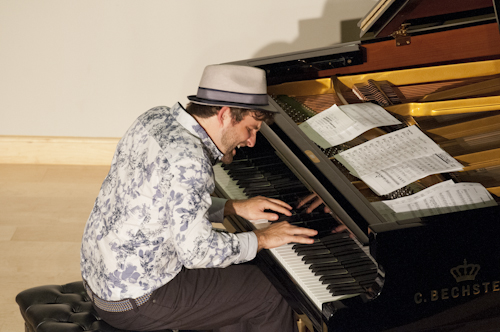Picnickers Bask in Fall Sunshine at Harker’s Family & Alumni Picnic Seeing Friends, Enjoying New and Classic Attractions
Attendees at the 62nd Harker Family & Alumni Picnic on Oct. 14 gloried in the timelessness of the picnic: new things each year–especially the faces of students…


